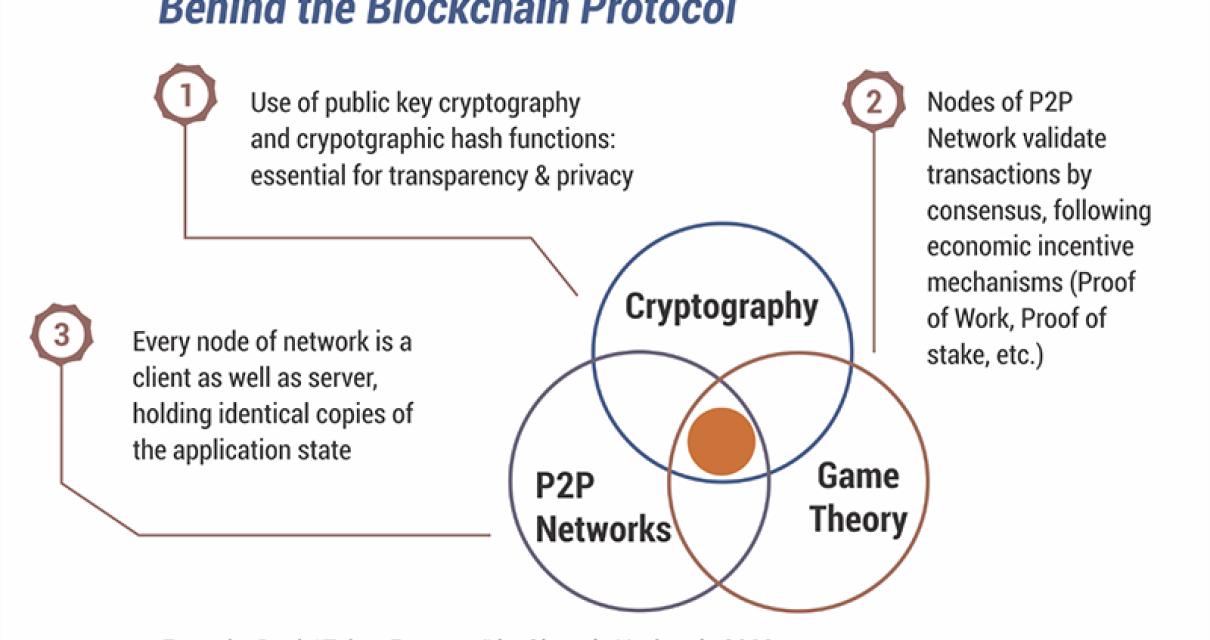What is a blockchain protocol and how does it work?
A blockchain protocol is a set of rules that govern how a blockchain network operates. It allows for secure, transparent and efficient transactions between peers.
How can blockchain protocols help businesses?
Blockchain protocols can help businesses by automating and tracking a variety of processes and transactions. This can make it easier for businesses to keep track of their finances, manage inventory, and track the provenance of goods. Additionally, blockchain protocols can help businesses to more easily conduct peer-to-peer transactions.
What are the benefits of using a blockchain protocol?
There are a number of benefits to using a blockchain protocol, including:
- Transparency: A blockchain protocol is transparent, meaning all transactions and data are public. This makes it difficult for anyone to tamper with data or fraudulent transactions.
- Immutability: A blockchain protocol is immutable, which means it is impossible to change or tamper with the data. This is important because it ensures that data is accurate and unaltered.
- Decentralization: A blockchain protocol is decentralized, meaning it is not controlled by any one individual or organization. This is important because it allows for trustless and secure transactions.
- Security: A blockchain protocol is secure, meaning it is difficult for anyone to counterfeit or tamper with the data. This is important because it ensures that your data is safe and cannot be compromised.
How do blockchain protocols ensure security and privacy?
Blockchain protocols use cryptography to ensure security and privacy.

What features do different blockchain protocols offer?
There are many different features offered by different blockchain protocols. Some of the features include:
-Decentralized control: Each node in a blockchain network is decentralized, meaning that there is no central authority that can control or modify the network.
-Distributed database: A blockchain database is distributed, which means that it is not stored centrally. This allows for secure and tamper-proof transactions.
-Peer-to-peer network: A blockchain network is a peer-to-peer network, which means that each node is directly connected to other nodes. This allows for faster transactions and a more decentralized network.
How do blockchain protocols differ from one another?
There are a few major ways that blockchain protocols differ from one another. The first major way is in the way that they store data. Bitcoin and Ethereum use a blockchain that stores data in a block chain. This means that each block contains a list of all the transactions that have taken place on the network since the last block was created. This makes it difficult to tamper with the data, as any changes made to the data would need to be reflected in all the blocks on the chain.
Another major way that blockchain protocols differ is in the way that they are implemented. Bitcoin and Ethereum are both implemented as blockchain protocols, while Ripple is an example of a non-blockchain protocol. Ripple is a centralized platform that allows banks to move money across borders. This means that the data stored on Ripple is different from the data stored on Bitcoin and Ethereum, as it is centralized.
What challenges do blockchain protocols face?
There are a few major challenges that blockchain protocols face. One is scalability, as blockchain networks can currently handle a limited number of transactions per second. Another challenge is privacy, as blockchain networks are public by design and any user can view the transactions that have occurred on the network. Finally, blockchain networks can also be vulnerable to hacking attacks.
How well do blockchain protocols scale?
There is no definitive answer to this question, as it depends on a variety of factors, including the specific blockchain protocol in question. Some blockchain protocols, such as Bitcoin, are designed to be extremely scalable, while others, such as Ethereum, may not be as efficient when it comes to handling large volumes of transactions.
What happens when a blockchain protocol changes?
A blockchain protocol change is when a new version of the blockchain protocol is released. When this happens, all nodes running the old protocol will no longer be able to communicate with nodes running the new protocol, and therefore will be unable to participate in the new network.
What else can blockchain protocols be used for?
There are a variety of potential applications for blockchain technology beyond finance, including property titles and contracts, food safety, and healthcare records. Many startups are exploring how blockchain can be used to create new ways of doing business.
Are there any risks associated with using a blockchain protocol?
There are a few risks associated with using a blockchain protocol, but they are generally considered to be low. The main risk is that a blockchain protocol can be vulnerable to attack, in which hackers attempt to exploit weaknesses in the protocol in order to steal or corrupt data. Additionally, blockchain protocols can also be slow and difficult to use, which could cause them to be unpopular and unsuccessful.
How can I get started with using a blockchain protocol?
There is no one-size-fits-all answer to this question, as the best way to get started with using a blockchain protocol will vary depending on your specific needs and goals. However, some basics you may want to consider include learning about the different blockchain protocols available, understanding how they work, and deciding which one is right for you.